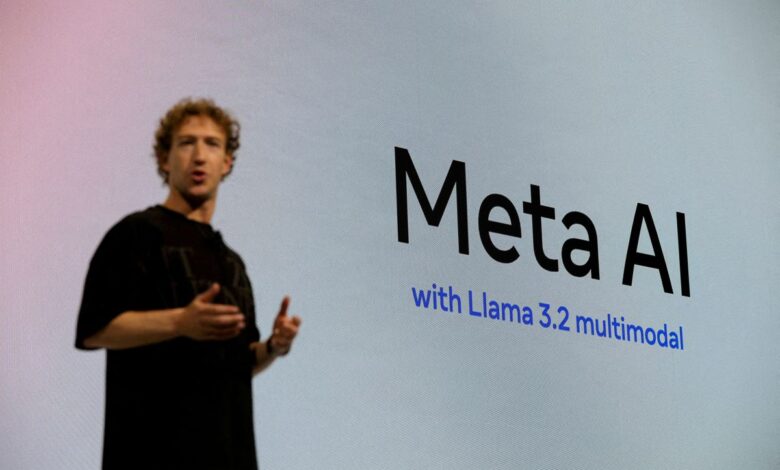Meta Hires ChatGPT Co-Creator for AI Lab

Meta Appoints ChatGPT Co-Creator Shengjia Zhao as Chief Scientist
Meta Platforms has announced the appointment of Shengjia Zhao, a key figure in the creation of ChatGPT, as the chief scientist of its Superintelligence Lab. This strategic move, revealed by CEO Mark Zuckerberg, underscores Meta’s intensified efforts in the realm of advanced artificial intelligence.
Zuckerberg’s Announcement and Meta’s AI Strategy
Zuckerberg shared the news via a Threads post, emphasizing Zhao’s pivotal role in shaping the research agenda and scientific direction of the new lab. Zhao will collaborate directly with Zuckerberg and Alexandr Wang, Meta’s Chief AI Officer. Wang was recruited from Scale AI, a startup in which Meta holds a significant stake, highlighting Meta’s proactive approach to acquiring top AI talent.
Shengjia Zhao’s Background and Contributions
Zhao’s impressive resume includes his tenure as a research scientist at OpenAI, where he was instrumental in the development of ChatGPT, GPT-4, and several of OpenAI’s smaller models, such as 4.1 and o3. His expertise will be invaluable as Meta aims to push the boundaries of AI research.
The Talent Acquisition Race
Zhao’s move from OpenAI to Meta is part of a broader trend of talent migration within the AI industry. Meta has been aggressively pursuing top researchers from rival companies, offering lucrative compensation packages and strategic startup deals to bolster its AI capabilities. This aggressive recruitment strategy comes after the relatively modest performance of Meta’s Llama 4 model, signaling the company’s determination to catch up in the AI race.
Meta’s Superintelligence Lab: A New Frontier
The Superintelligence Lab was recently established by Meta to centralize its work on Llama models and pursue long-term artificial general intelligence (AGI) objectives. Zhao is a co-founder of the lab, which operates independently from FAIR, Meta’s established AI research division led by deep learning pioneer Yann LeCun. This separation allows the Superintelligence Lab to focus specifically on ambitious, long-term AI goals.
Meta’s Vision for Open-Source AGI
Zuckerberg has articulated Meta’s ambition to develop “full general intelligence” and release its work as open source. This approach has generated both enthusiasm and apprehension within the AI community. Proponents argue that open-source AI fosters collaboration and accelerates innovation, while critics raise concerns about potential misuse and ethical implications.
The Broader Implications for the AI Landscape
Meta’s aggressive pursuit of AI talent and its commitment to open-source AGI could significantly reshape the AI landscape. The company’s substantial resources and ambitious goals position it as a major player in the ongoing AI revolution.
The Future of AI Development
As Meta continues to invest in AI research and development, the industry will be closely watching the progress of the Superintelligence Lab and the impact of its open-source initiatives. The appointment of Shengjia Zhao marks a significant step in Meta’s journey towards achieving its ambitious AI vision.
Comparing AI Models
| Model | Developer | Key Features | Open Source? |
|---|---|---|---|
| ChatGPT | OpenAI | Conversational AI, Text Generation | No |
| GPT-4 | OpenAI | Advanced Language Model, Image Input | No |
| Llama 4 | Meta | Large Language Model | Yes (Limited) |
| Bard | Conversational AI, Integration with Google Services | No |
The Ethical Considerations of AGI
The development of AGI raises numerous ethical considerations that must be addressed proactively. These include:
- Bias: Ensuring that AI systems are free from bias and do not perpetuate societal inequalities.
- Safety: Developing safeguards to prevent AI systems from causing harm or unintended consequences.
- Job Displacement: Addressing the potential impact of AI on employment and workforce development.
- Transparency: Promoting transparency and explainability in AI decision-making processes.
By carefully considering these ethical implications, the AI community can work towards developing AGI in a responsible and beneficial manner.




